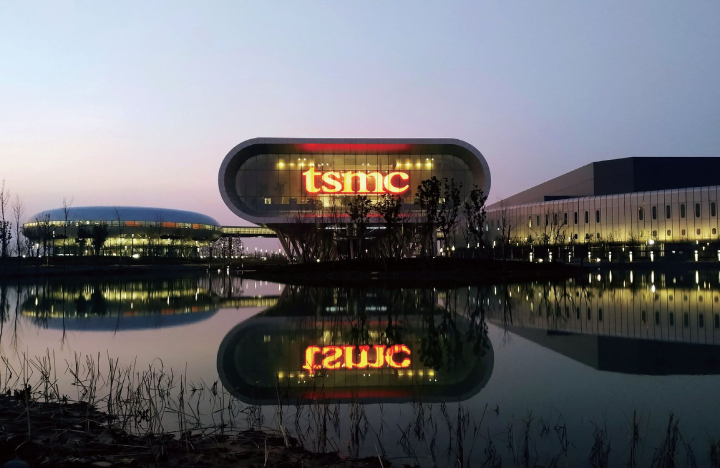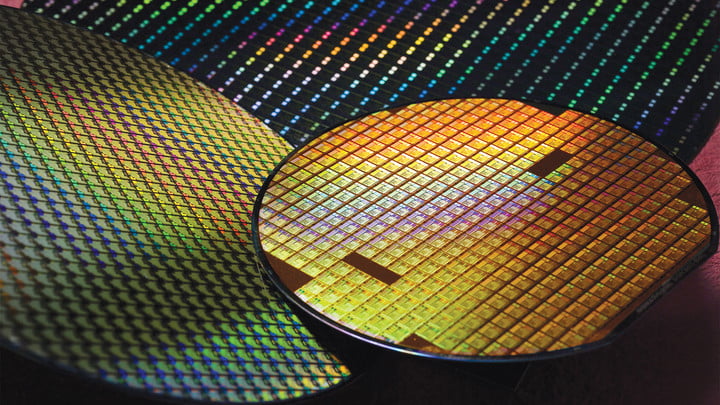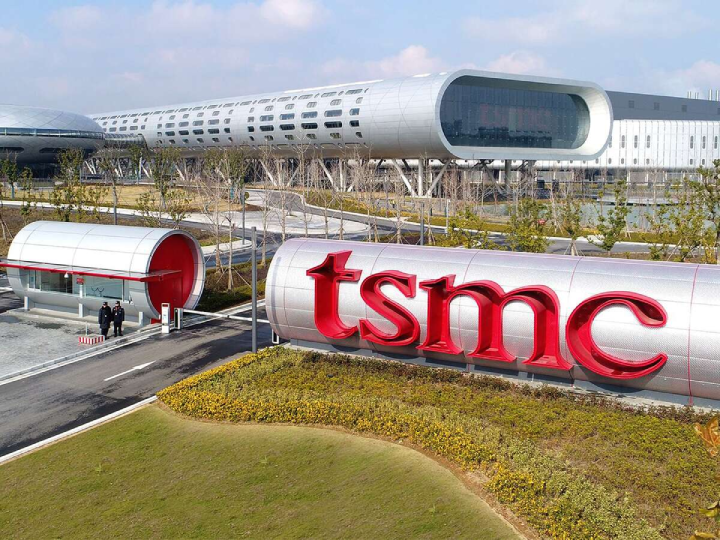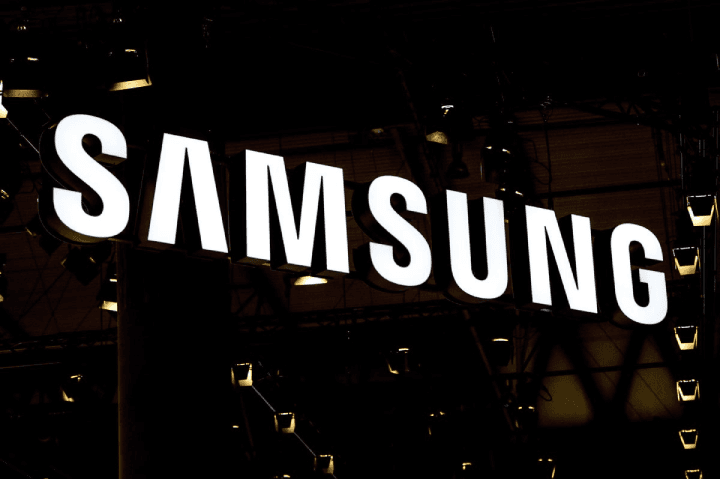
Shares of many chipmakers are far from highs as high inflation pushes interest rates higher. Sentiment around technology and growth fell sharply as rising interest rates, persistent inflation and a less accommodative Fed drove investors to seek safer investments.
Despite a wave of record earnings from tech giants and semiconductor companies in the fourth quarter, the macroeconomic environment and geopolitical landscape have become increasingly pessimistic. With the next wave of tech earnings from U.S. tech companies set to start reporting this week, reassured investors will want to see how deflationary tech fares.
TSMC is the leading indicator
TSMC, which is expected to capture 55% of the global foundry market in 2021, beat expectations for both earnings and revenue in the first quarter. It delivered revenue of $1.40 per share and $17.57 billion, compared with targets of $1.27 and $16.74 billion. The results reflected a 47% increase in profits and a 36% increase in sales. The company also raised its revenue guidance for the next quarter.
However, despite strong demand and forecasts, TSMC and many of its largest customers saw a sharp sell-off, with AMD prices down 2.98%, Qualcomm QCOM down 1.52%, and Nvidia NVDA down 3.02%, its 30% fall to even bigger highs. Investors are effectively betting that an expected slowdown in economic activity and rising interest rates could hamper the growth of these companies.

Dynamics are still high
TSMC produces about 90% of the world's top chips and accounted for about 50% of its wafer sales last quarter. Spurs from secular trends such as artificial intelligence (AI), smart cars, 5G and mobility provide tailwinds.
TSMC expects continued growth in demand in the automotive and high-performance computing sectors. The bump in the smartphone cycle will run through the year, led by Apple AAPL, which is up 1.44%.

Semiconductor stocks reflect pessimism
External market forces are dragging down share prices across all technology and growth sectors. Not surprisingly, the market's reaction to rising interest rates has been historically consistent. Among other key issues, the technology tends to come under greater pressure.
However, the outlook for the semiconductor market appears to be stronger as the number of semiconductors grows to support many business and consumer trends. As semiconductor production increases, so do the adjacent technologies that support them. That means companies in cloud computing, software-as-a-service (SaaS), PCs, mobile devices, artificial intelligence, 5G and automotive are all likely to do better than expected.

While TSMC's results do not determine the shape and direction of technology and semiconductors, they provide several key indicators of real market demand for technology products and solutions. Based on this quarter's results and forecasts, demand for technology appears to be stable despite the volatile macro environment. It's another sign that tech's deflationary character will continue to perform well, regardless of negative sentiment towards it.



